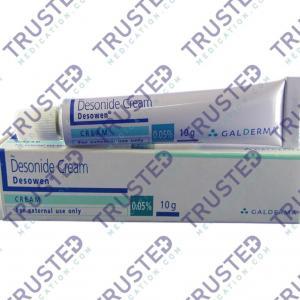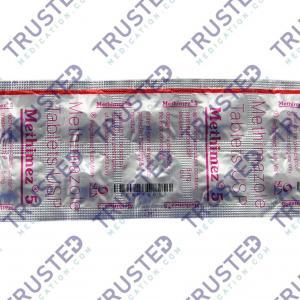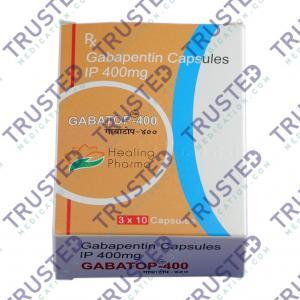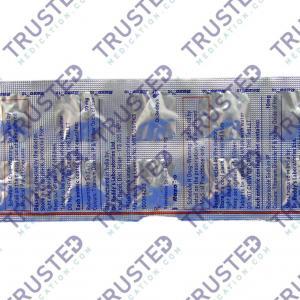
Spasmophilia is an abnormal tendency to convulsions, tetany, or spasms from even slight mechanical or electrical stimulation. It may be something you’ve never heard of, but spasmophilia can be very serious. It is a syndrome that has several symptoms related to a state of anxiety. It manifests itself as hyperventilation and neuromuscular hyperexcitability.

Symptoms of Spasmophilia
- Spasmophilia shows symptoms related to anxiety
- Hyperventilation
- Acceleration of the respiratory rhythm
- Feeling of tightness or need to find air
- Jerky breathing
- Tingling, numbness, and cramps
- Intense and painful contraction of muscles
- Intense fatigue
- Palpitation
- Intestinal spasm
- Tremor and chills
What Causes Spasmophilia?
The mechanisms of spasmophilia are rather vague. As a result of a stressful or anxious situation, it is believed to be a disproportionate reaction. Symptoms of fear are caused by this fear, which, in turn, fuels anxiety. In turn, this is referred to as the vicious circle. Spasmophilia can also be caused by chronic magnesium and calcium deficiency, which affect muscle contractions and nerve impulse transmission. This would explain neuromuscular hyperexcitability.
How to Diagnose Spasmophilia?
The assessment of spasmophilia is conducted in three ways. First is, assessing the history of symptoms rooted in spasmophilia. The second is an examination that reveals or provokes spasmophilia and the particular neuroendocrine terrain of the patient. The last thing is blood analysis using the Biology of Functions.
How to Treat Spasmophilia?
The onset of crises can be limited or even prevented through therapy. The most used type of therapy is cognitive and behavioral therapy. When you are experiencing a crisis or anxiety attack, it is important to calm your breathing by breathing into a paper or plastic bag.
Similarly, it is recommended to think of something else so as not to fuel the vicious circle. These attacks may also be reduced with antidepressant treatment. However, attention must be paid to side effects and the risk of possible dependence.
Vitafizz Magnesium for Spasmophilia
Vitafizz Magnesium is a drug prescribed for anti-cramps. It helps in managing spasmophilia. The drug helps a lot in our daily physical and mental activities. Magnesium is an element that helps in nerves and muscle function. It acts as a sound regulator of calcium that flows within the cells. It assists in the production of energy.
Vitafizz Magnesium fights against depression. These two ingredients are a good combination of drugs. It helps treat a person suffering from stress, cramps, and migraines. Before using Vitafizz, make sure you consult your doctor. In using the right dosage, doctor’s recommended to use one tablet per day. Always check the label and read for the usage direction, precaution, and other important notes.








